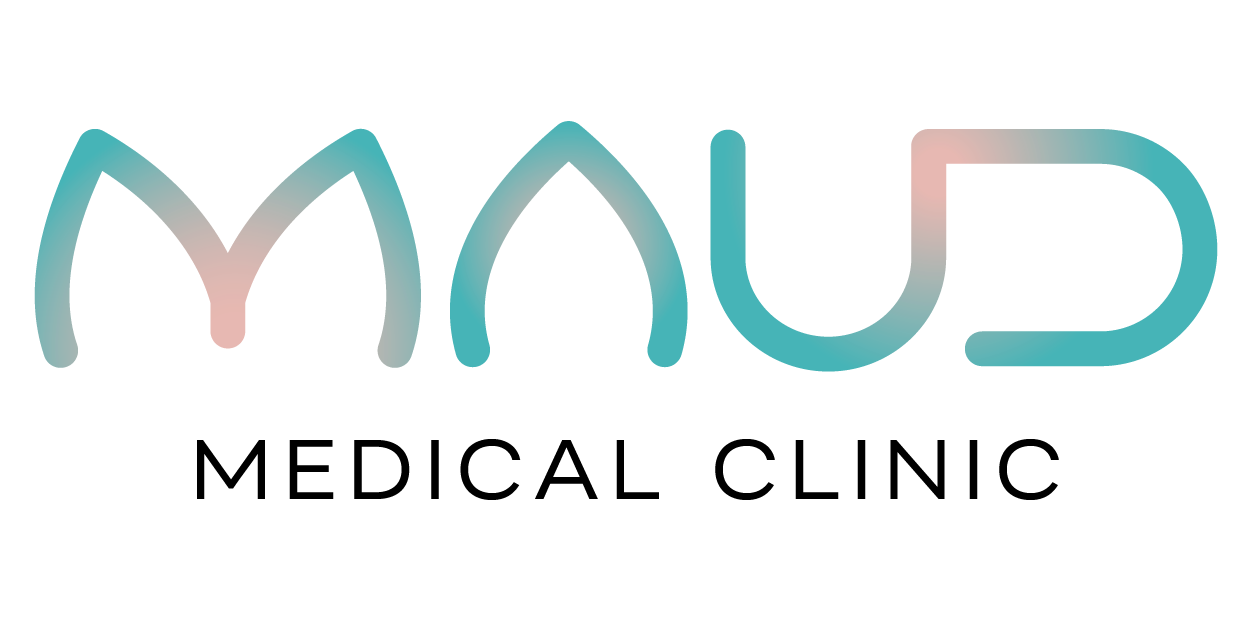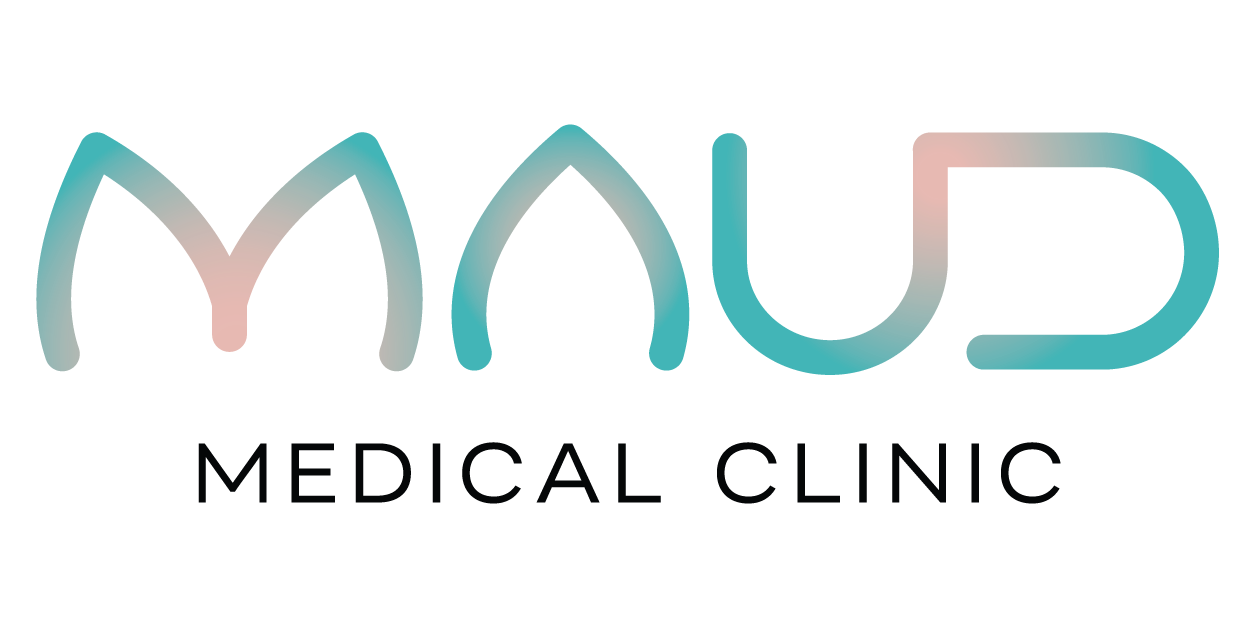STI Testing in Calgary: What to Know and How to Book
STI Testing in Calgary: What to Know and How to Book
Sexually transmitted infections (STIs) are more common than many people realize and yet, stigma, fear, or confusion around testing still prevent people from getting the care they need. At Maud Medical Clinic in Calgary, our goal is to empower patients with accurate information, reduce the stigma, and offer a supportive space for sexual health care, including STI testing.
Whether you’re sexually active, planning a new relationship, experiencing symptoms, or simply staying proactive, regular STI testing is an important part of your overall health. Here’s what you should know about STI testing, including what’s involved, how often to get tested, and how to book an appointment with a physician at Maud Medical Clinic.
Why STI Testing Matters
STIs often carry a reputation that can make people feel embarrassed or ashamed but the truth is, they’re just infections. Some STIs are caused by bacteria (like chlamydia and gonorrhea), others by viruses (like HIV and HPV), and some by parasites (like trichomoniasis). Many STIs are easily treatable when caught early. Left untreated, they can lead to long-term health complications including pelvic inflammatory disease, chronic pain, infertility, and an increased risk of certain cancers.
Importantly, many STIs show no symptoms at all. That means you or a partner could have an STI without knowing it, which is why testing, even in the absence of symptoms, is a key part of protecting your health and the health of others.
Who Should Get Tested and When?
STI testing recommendations can vary based on your age, sexual activity, medical history, and gender. In general, you should consider getting tested if:
You are under 30 and sexually active
You are starting a new sexual relationship
You have multiple sexual partners
You’ve had unprotected sex (even once)
You experience any unusual symptoms (like pain, discharge, sores, or irregular bleeding)
A partner has tested positive for an STI
You are pregnant or planning to become pregnant
You are a man who has sex with men
You have a history of STIs
In Alberta, routine screening is typically recommended once a year for those who are sexually active. Some individuals, such as those with new or multiple partners, may benefit from more frequent testing.
What Tests Are Done During an STI Screening?
STI testing is not one-size-fits-all. Based on your medical history and risk factors, a physician will recommend specific tests. These may include:
Urine tests – commonly used to check for chlamydia and gonorrhea
Blood tests – used to detect HIV, syphilis, and hepatitis B and C
Swabs – may be taken from the throat, cervix, rectum, or sores if present
PAP smear and HPV testing – may be included if you're due for cervical cancer screening
At Maud Medical Clinic, STI testing is offered with sensitivity, privacy, and a focus on education. A Calgary-based physician will help you understand which tests are recommended and why.
What If I Don’t Have Symptoms?
It’s common for people to think that if they feel fine, they don’t need to be tested. But many of the most common STIs such as chlamydia, gonorrhea, and HPV often have no early symptoms. These infections can remain in the body undetected for months or even years and still be transmitted to others.
In fact, the most common STI in Canada is chlamydia, and in Alberta, rates continue to rise, especially among people aged 20 to 29. Regular testing is the only way to know for sure that you and your partner(s) are safe.
What to Expect at Your Appointment at Maud Medical Clinic
Your appointment at Maud Medical Clinic will begin with a short discussion with your physician. You’ll be asked about your medical history, sexual activity, and any symptoms you may have. Our physicians are here to support your health.
Depending on your individual situation, your doctor may:
Recommend specific STI tests
Perform a physical exam if needed
Offer PAP smear and HPV screening if you're due
Provide treatment or referrals if any infections are detected
All medical services related to STI testing are covered by your valid provincial healthcare card.
What If I Test Positive?
If you test positive for an STI, the physician will guide you through next steps. Most bacterial STIs (such as chlamydia, gonorrhea, and syphilis) are treatable with antibiotics. For viral infections (such as herpes or HIV), ongoing management and support are available.
You’ll also receive guidance on how to inform sexual partners, prevent future infections, and maintain your sexual health moving forward. At Maud Medical Clinic, we believe that knowledge is power and that includes knowing your STI status.
How to Book STI Testing in Calgary
Booking your STI testing at Maud Medical Clinic is easy and discreet. Here's how:
First-time patients can fill out our online request form or drop in for more information
Returning patients can book directly through the AVA Patient Portal
Physician referrals are accepted. If you’re referred by another doctor, we will share visit notes with them if you consent
We offer STI screening, PAP tests, IUD consultations, family planning, and more. Please note that we are not a general medical clinic. All visits are by appointment only, and same-day bookings for emergency contraception may be available but are not guaranteed.
Empowering Women’s Health in Calgary
STI testing isn’t about judgment it’s about health, safety, and empowerment. At Maud Medical Clinic, we encourage women and gender-diverse individuals in Calgary to take control of their health through regular screening, education, and supportive medical care. Whether you’re coming in for STI testing, a pelvic health concern, or just want peace of mind, our physicians are here to help.
You deserve to feel confident, informed, and supported at every stage of your sexual health journey.
References
Government of Alberta. Sexually transmitted infections
Canadian Guidelines on Sexually Transmitted Infections. Public Health Agency of Canada
Alberta Health Services. STI Testing
World Health Organization. Sexually transmitted infections (STIs)
Centers for Disease Control and Prevention. Which STD Tests Should I Get?

